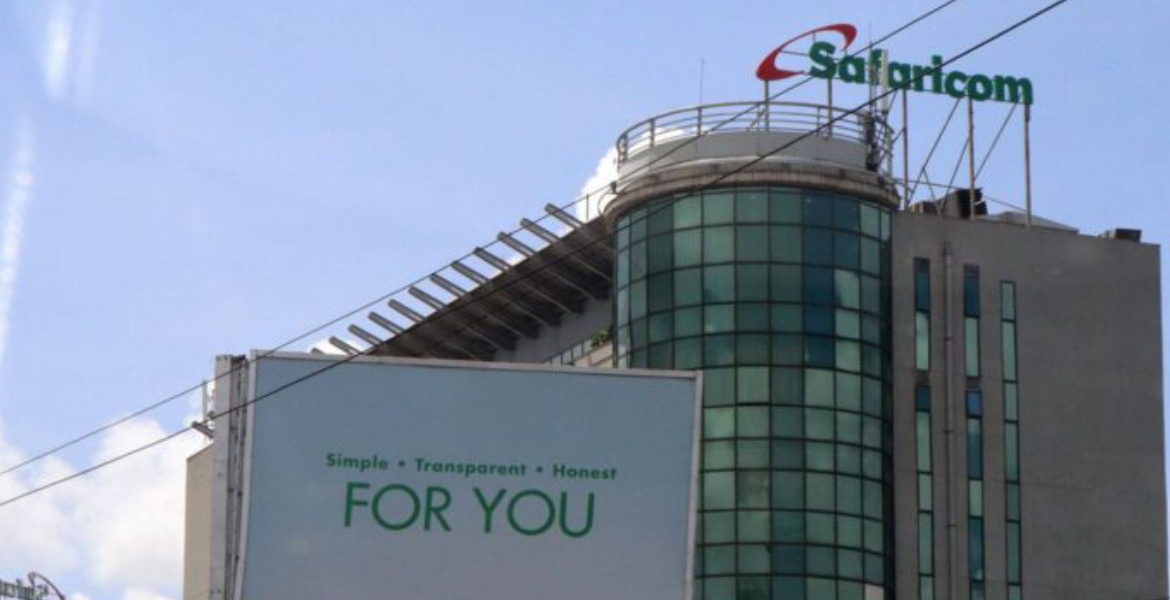Safaricom Finally Teams Up with Elon Musk's Starlink

Safaricom has signed a new agreement to resell Starlink’s satellite equipment and services.
For the past two years, Safaricom had been one of Starlink’s strongest opponents in Kenya. It warned regulators about possible risks to national security and interference with mobile networks, and even pursued legal action to challenge the licensing of satellite operators.
In July 2024, the company asked the Communications Authority of Kenya (CA) to restrict foreign satellite firms unless they worked with local licensees, arguing that unregulated competition would harm consumers and limit economic gains.
Starlink’s arrival in mid-2023, however, quickly changed the market.
The company cut hardware prices from Sh74,000 to Sh29,000 and introduced rental options, creating a cheaper alternative to services offered by Safaricom, Jamii Telecommunications and Zuku. Jamii later accused Starlink of predatory pricing in court, while civil society groups questioned the CA’s regulatory approach, alleging it favoured Safaricom.
Political considerations added further pressure. President William Ruto publicly supported Starlink’s entry, saying it increased competition and pushed established operators to improve their services. By October 2024, Safaricom began to adjust its stance. Chief executive Peter Ndegwa highlighted the potential of satellite partnerships to expand coverage in underserved areas, citing earlier trials with Vodafone’s partner AST SpaceMobile.
The new Vodacom-Starlink agreement formalises this shift. Vodacom says its subsidiaries, including Safaricom, will adapt Starlink’s services to local needs, focusing on enterprise and small business customers while addressing cost barriers in African markets. Safaricom will also maintain its separate revenue-sharing partnership with AST SpaceMobile, which remains exclusive in certain regions, indicating that the company plans to work with multiple satellite providers.
The timing of the deal comes as Starlink’s growth in Kenya has slowed. A pause on new subscriptions around Nairobi in late 2024, caused by capacity limits, reduced its earlier momentum. As of June 2025, Starlink held 0.8 per cent of the market with 17,425 subscriptions, compared with Safaricom’s 34.3 per cent share and 735,749 customers.
For Safaricom, incorporating Starlink’s technology into its mobile network offers a way to strengthen rural coverage in Kenya and Ethiopia while maintaining its market lead.








Add new comment